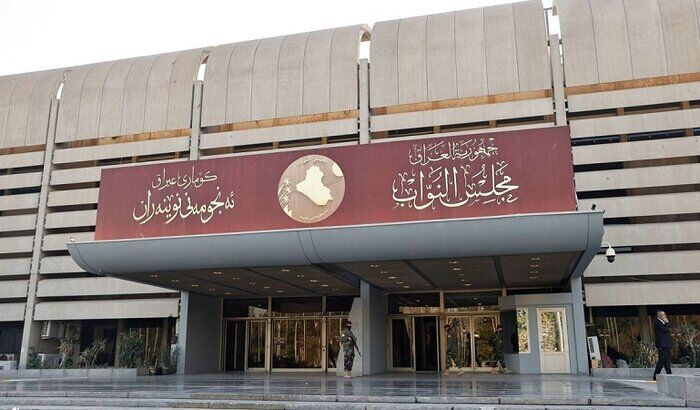Iraqi elections: A difficult or easy test?
Iraq will welcome parliamentary elections on February 11, and one of the main questions about these elections is the level of public participation and the factors influencing them. These elections, which will be held in about three weeks, are important in that the members of parliament are responsible for electing the president and approving the appointment of the prime minister, and the election results are a criterion for measuring the legitimacy of government institutions and the government’s ability to respond to the people’s demands.
Election slogans, coalitions, and independent candidates
In this round of the Iraqi elections, more than 37 coalitions and 38 parties are competing for 329 parliamentary seats, and 80 independent candidates are also participating in the elections.
The “Reconstruction and Development” coalition, led by the current Prime Minister, Mohammed Shia al-Sudani, is one of the main coalitions participating in the elections, which has declared its slogan to be economic reforms, fighting corruption, and strengthening political stability.
The “Furateen Movement” led by Al-Sudani, the “National” coalition led by Faleh Al-Fayyadh, the “Generations” coalition led by Mohammed Al-Sahhou, and the “Solution” coalition led by Mohammed Sahib Al-Daraji are among the groups under the “Reconstruction and Development” coalition.
The “State of Law” coalition led by Nouri Al-Maliki and the “Fatah” coalition led by Hadi Al-Amiri are among the Iraqi Shiite coalitions participating in the electoral competition.

